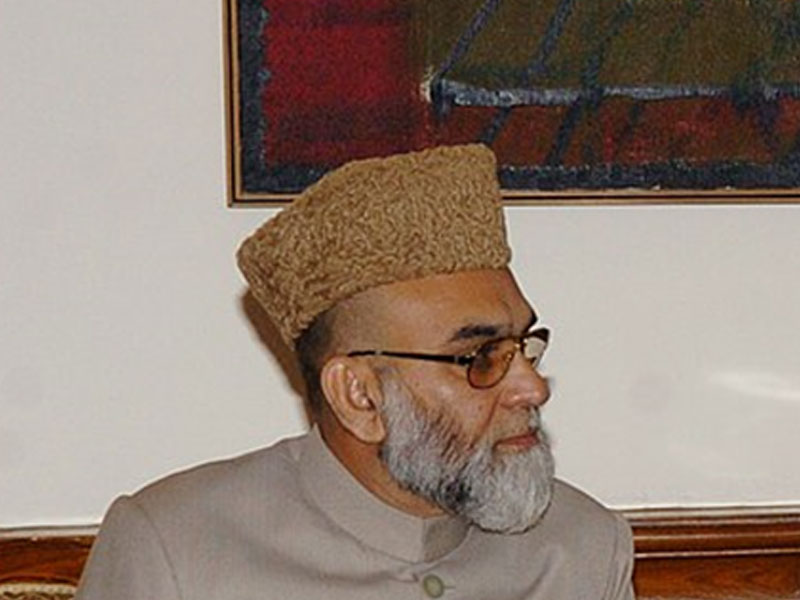
Ahmad Bukhari: Religious Leader
Ahmad Bukhari, the Shahi Imam of Delhi's Jama Masjid, is a prominent religious leader and influential figure in India's Muslim community. Born into the prestigious Bukhari family, known for its long lineage of religious leaders, Ahmad Bukhari has carried forward the legacy of his forefathers with a strong commitment to Islamic principles and community service.
Ahmad Bukhari's role as the Shahi Imam places him at the helm of one of the largest and most historic mosques in India. The Jama Masjid, built by Mughal Emperor Shah Jahan in the 17th century, is not only a place of worship but also a symbol of Islamic heritage and culture in India. As the Shahi Imam, Bukhari leads Friday prayers, delivers sermons, and oversees the mosque's administration. His position demands not only religious leadership but also a deep understanding of social and political issues affecting Muslims in India.
Throughout his tenure, Ahmad Bukhari has been an outspoken advocate for the rights and welfare of Muslims. He has often used his platform to address issues of social justice, communal harmony, and the protection of minority rights. Bukhari's sermons and public statements frequently emphasize the importance of peace, unity, and adherence to Islamic values in the face of contemporary challenges.
Bukhari's leadership extends beyond the confines of the mosque. He has engaged with political leaders, participated in interfaith dialogues, and worked towards fostering better understanding between different religious communities. His efforts to promote education, social welfare, and economic empowerment among Muslims have been widely recognized and appreciated.
Despite facing criticism and controversies, Ahmad Bukhari remains a steadfast figure in Indian religious and political spheres. His influence and actions continue to shape the discourse around Muslim identity and rights in India. As the Shahi Imam of Jama Masjid, Ahmad Bukhari embodies the responsibility of preserving Islamic traditions while navigating the complexities of modern society. His leadership serves as a beacon for many, inspiring a commitment to faith, justice, and community service.